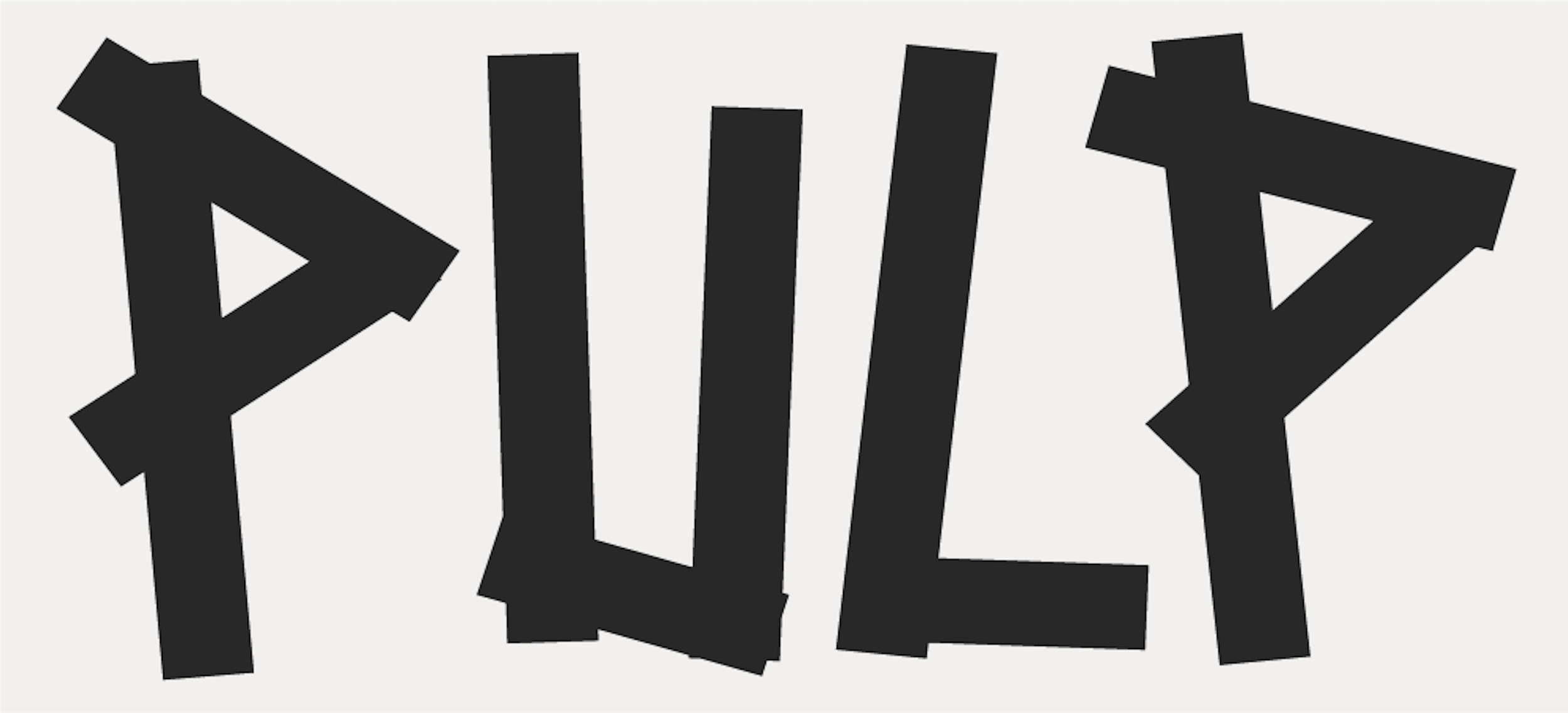How Thomas Tuchel transformed Chelsea into Premier League front-runners
Nalin Mastou on the Blues’ resurgence under Thomas Tuchel.
The impact that Thomas Tuchel has had on Chelsea has been nothing short of spectacular. Upon joining the struggling London-based club on an 18-month contract from PSG, Tuchel immediately set out his intentions: “I’ve come here to win titles,” he said.
Yet a slow rebuilding process towards such titles wasn’t an option for Tuchel, having been brought in midseason to improve on Chelsea’s disappointing form under Frank Lampard.
In the space of just four months, Tuchel propelled Chelsea to a top-four league finish and claimed the coveted title of Champions League winners - a trophy that the great Pep Guardiola had been obsessing over for six years. In the process, Tuchel has faced some of Europe’s top managers without losing, including José Mourinho, Diego Simeone, Jürgen Klopp, Guardiola, Carlo Ancellotti and Zinedine Zidane.
Until Frank Lampard was sacked, finishing in the top-four seemed an almost impossible task. Yet Tuchel managed to take the Blues from ninth place to fourth.
Under Lampard’s 4-3-2-1 formulation, Chelsea was conceding more goals than they were scoring. They also made more errors leading to goals than any other club in the Premier League. Lampard’s attacking focus meant that full-backs Ben Chilwell and Reece James pushed higher up the pitch, leaving the team defensively vulnerable when failing to trackback. Under Tuchel however, the centre-backs split wide to enable the wingbacks to successfully advance up the pitch to provide an offensive boost. Timo Werner's poor quality in front of goal was also evident under Lampard’s system as he was ineffective playing out wide to accommodate for Tammy Abraham or Olivier Giroud.
It wasn’t looking good for Chelsea as this left them in mid-table with no clear path. The players were struggling to nail down the basics and they were overrun by tougher oppositions who operated as an organised unit, such as Liverpool and City.
But when the German master tactician took over, he transformed a weak Chelsea side into one of the strongest in Europe. Tuchel immediately set a new club record as the Blues went unbeaten in his first ten league games. They operated as a solid defensive unit as they conceded the least amount of goals and had the most clean sheets in the league. Chelsea also picked up 38 points since his first game in charge which is the second-highest tally since Tuchel’s arrival.
Tuchel switches between a 3-4-2-1, 3-4-1-2 and a 3-2-5 system of play depending on the amount of possession they have. The choice to play three at the back with the likes of Antonio Rüdiger, Andreas Christensen, Thiago Silva and César Azpilicueta has made them an incredibly dominant side. Silva, the most decorated member of the squad, has been vital in stabilising Chelsea’s defence and has helped other teammates improve their game. The double-pivot of Jorginho and Mateo Kovačić has been crucial to the new system as both players receive the ball between the lines and combine tight spaces to bypass markers. In contrast, Lampard’s midfield was overrun by opposing players who excelled in empty spaces between the lines.
Tuchel’s formation changes were established in his first game against Wolverhampton. Despite a 0-0 draw, the new system that would eventually guide Chelsea to Champions League success was set in stone.
Chelsea met Manchester City in the final of the Champions League. Here, Tuchel arguably outwitted Guardiola by adopting a counter-attacking approach that ultimately led to their winning goal - Kai Havertz rounded the keeper after a defense-splitting Mason Mount long ball close to his own half. As Werner was struggling to bypass Kyle Walker, Tuchel switched the forward onto the right-hand side so he could use his pace to get the better of Oleksandr Zinchenko and Rúben Dias. This tactical change proved troublesome for City. N’Golo Kanté’s reignited form under Tuchel in his favoured central defensive midfield position also played a significant role as he stopped City’s attacking players from building any momentum after a phenomenal performance.
I can’t help but wonder where Chelsea would’ve finished if they started the season with Tuchel as their manager. The German boss has undoubtedly etched his name in the club’s history already. Although Chelsea’s short turnaround was unexpected, Tuchel is no stranger to trophies. He won four major honours with PSG and a German Cup with Borussia Dortmund.
It’s not often you see a football manager come in and have instant success at a new club. Yet Tuchel possessed all the tools to secure his team a top-four spot in the toughest league, reach the FA Cup final and attain Champions League glory. This makes him a worthy winner of the 2021 Germany Manager of the Year Award and I have no doubt that Tuchel will go down as one of the greatest Chelsea managers if the club’s upward trajectory continues.
I expect the Blues to challenge for the Premier League title next season as I don’t see City going 28-games unbeaten again. Tuchel’s favoured 3-4-2-1 system of play will likely still be in place as having a three-man defence, two defensive midfielders and wingbacks in a compact defensive set-up have proven to be effective. Mount has emerged as one of Chelsea’s most important players under Tuchel due to his exceptional quality on the ball and spatial awareness. His high pressing style will be vital for Tuchel next season to win the ball high up the pitch. Havertz, Mount’s attacking midfield partner, will be another key player now that he has found his best form under the new coach. He often positions himself as a second-striker to receive long, direct passes to suit Chelsea’s quick, dynamic attack.
The team looks revitalised under Tuchel and should win silverware next season - the signing of the dominant Romelu Lukaku from Inter Milan would only bolster their chances. They will face formidable competition, but all the signs point to Chelsea being crowned as the 2021/2022 Premier League champions.
